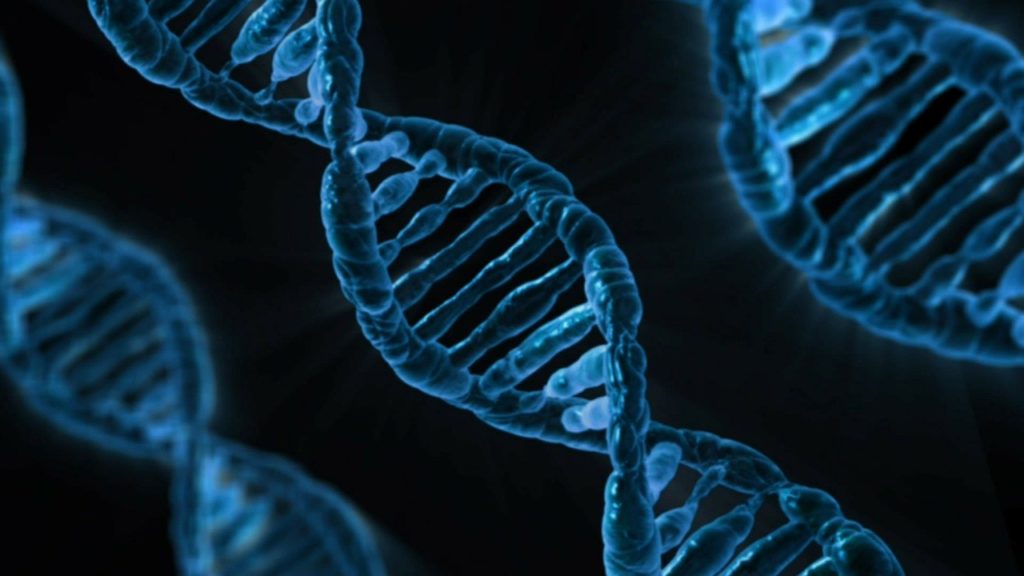Since the COVID-19 pandemic started much work has been put into research, to find out more about it. Now, a new study is claiming that DNA linked to the virus was passed down by Neanderthals approximately 60 000 years ago.
The study was posted on Friday [July 3] and is not yet published in a scientific journal. However, the researchers claim that the gene cluster on chromosome 3, which has been identified as a “risk locus for respiratory failure in SARS-CoV-2” and other severe effects of the virus, is inherited from Neanderthals.
As it became clear that some people were more severely affected than others by COVID-19, research into genetic risk factors began.
One early study concluded that there were two genetic regions associated with severe cases. These were one region on chromosome 3 containing six genes and one region on chromosome 9 that determines the ABO blood group.
However, a more recent study from the COVID-19 Host Genetics Initiative found “that the region on chromosome 3 is the only region significantly associated with severe COVID-19 at the genome-wide level while the signal from the region determining ABO-blood group is not replicated,” according to the new study.
“We find that all risk haplotypes associated with the risk for severe COVID-19 form a clade with the three high-coverage Neandertal genomes. Within this clade, they are most closely related to the Vindija 33.19 Neandertal,” said the researchers.
According to the study, the genomic segment occurs at a frequency of approximately 30% in South Asia, and about 8% in Europe. The highest frequency occurs in Bangladesh, where 63% of the population carries at least one copy of the Neandertal risk variant. It is completely absent in Africa.
“The Neandertal variant may thus be a substantial contributor to COVID-19 risk in certain populations,” they said.
Scientists are yet to determine why this segment of DNA increases the risk of severe illness from COVID-19. It is also unclear what evolutionary pattern resulted in the distribution of it over the past 60 000 years.
“Currently it is not known what feature in the Neandertal-derived region confers risk for severe COVID-19 and if the effects of any such feature is specific to current coronaviruses or indeed to any other pathogens. Once this is elucidated, it may be possible to speculate about the susceptibility of Neandertals to relevant pathogens. However, in the current pandemic, it is clear that gene flow from Neandertals has tragic consequences,” reads the study.
Read the study here.
Picture: Pixabay

